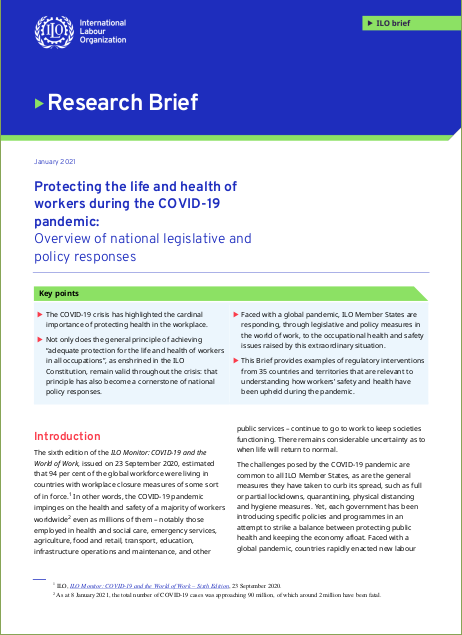Dynamic Capital Ltd IPO gets oversubscribed by over five times on Day 20
Lorem ipsum dolor sit amet, consectetur adipisicing elit, sed do eiusmod tempor incididunt ut labore et dolore magna aliqua.
Dynamic Capital Ltd IPO gets oversubscribed by over five times on Day 20 Read More »



